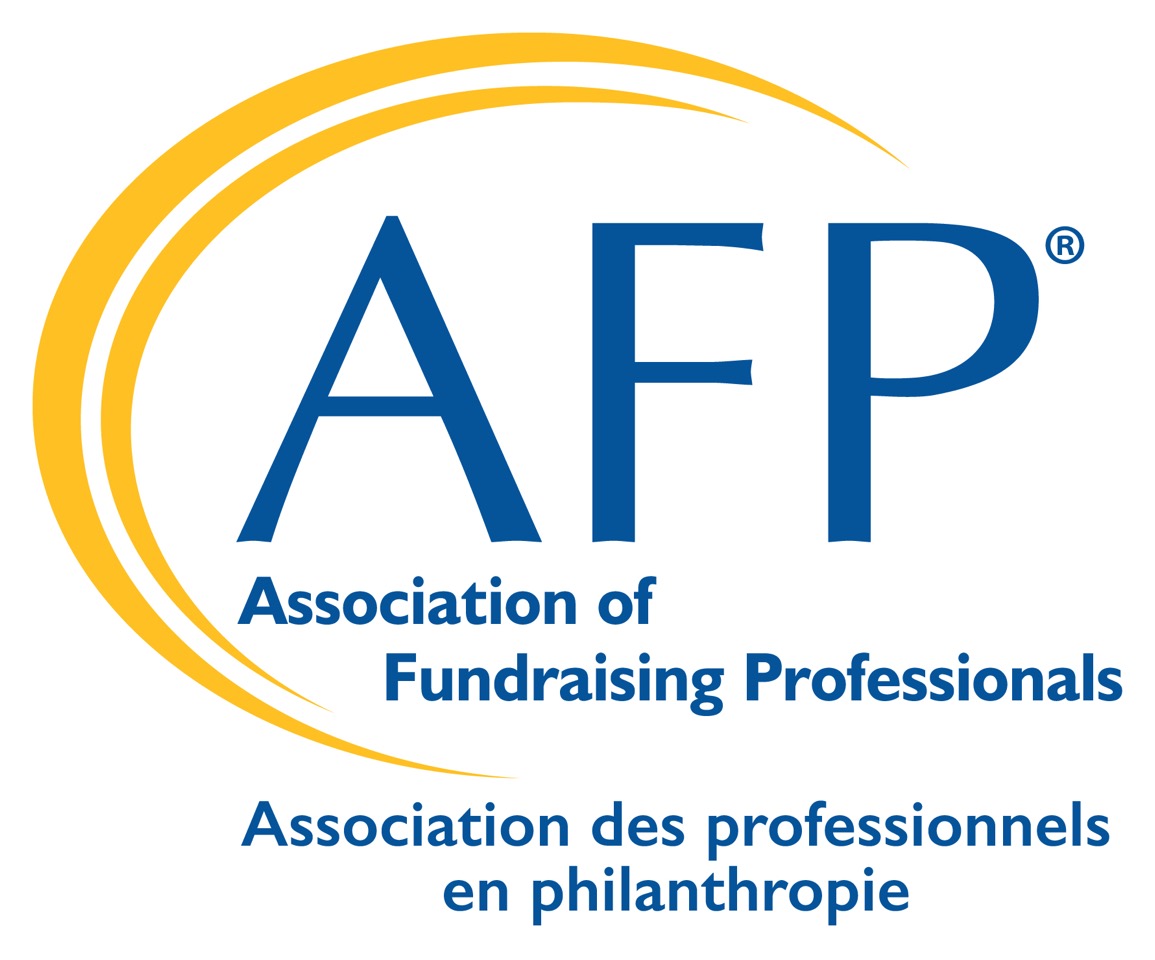AFP Responds to Maclean’s Article on Charity Effectiveness and Employee Salaries

Paula Attfield, chair of the AFP Canada Board of Directors, sent the following letter to the editor in response to Maclean’s article on charity effectiveness and employee salaries, pointing out that there is no correlation between charity effectiveness and either employee salaries or fundraising costs.
January 8, 2019
Maclean’s
One Mount Pleasant Road
11th floor
Toronto, ON
M4Y 2Y5
Canada
Dear Editors:
As the chair of the Association of Fundraising Professionals Canada Board of Directors, I am writing to express my confusion about Maclean’s recent charity analysis and the recent Jan. 4 article, “Be wary of charities that pay their staff too much—or too little.”
While much is made of two anecdotes at the beginning and end of the article, the key finding is buried right in the middle of the article, plainly stated: “Maclean’s analysis suggests that in most cases, the compensation of the highest-paid staff member does not affect performance at charities.” And further in the article, Maclean’s notes that whatever correlation exists between performance and salary is stronger in charities that underpay their employees significantly. Focusing on that issue would make for a more newsworthy story.
Regardless, any connection between salary and charity performance is tenuous—at best. One of the key reasons, which the article hints at but doesn’t go into great detail, is the large diversity in the size of organizations in the nonprofit sector. Gone are the days of small “mom and pop” organizations run entirely by volunteers, even if that idea continues to live on in the minds of many. While many charities are smaller, other organizations are national and even global in nature, involving tens or even hundreds of employees and managed by professional, highly qualified leaders. Trying to develop some sort of salary metric for both large, multi-national institutions and small charities makes absolutely no sense and leads to very little helpful information for donors and others.
I would also note that other metrics around fundraising costs are equally useless as indictors of performance. Leading charity ratings groups, such as Guidestar, Charity Navigator and the BBB Wise Giving Alliance, have denounced fundraising costs and “overhead ratios” as valid indicators of nonprofit performance. Focusing solely on these metrics prevents nonprofits from investing in infrastructure, processes, administration, fundraising and support that can help them be more effective and fulfill their missions. Metrics focusing on costs and overhead are short-sighted because they ignore the importance of strategic investments and innovations that improve effectiveness and the impact charitable programs have on our communities. They also ignore the impact of the great work such charities are doing to serve their beneficiaries.
If you want to find a good charity to support, I would recommend spending a little time thinking about the issues that are important to you, then identify charities that are having an impact in these areas. What impact is a charity having on the issues they are trying to address? Are its programs working and effective, and do you believe personally in their mission and services? Being comfortable with the answers to those question, and then showing your support through donating and/or volunteering, is how to best support the charitable sector and improve the life of countless Canadians across the country.
Sincerely,
Paula Attfield
Chair, Board of Directors
Association of Fundraising Professionals Canada





